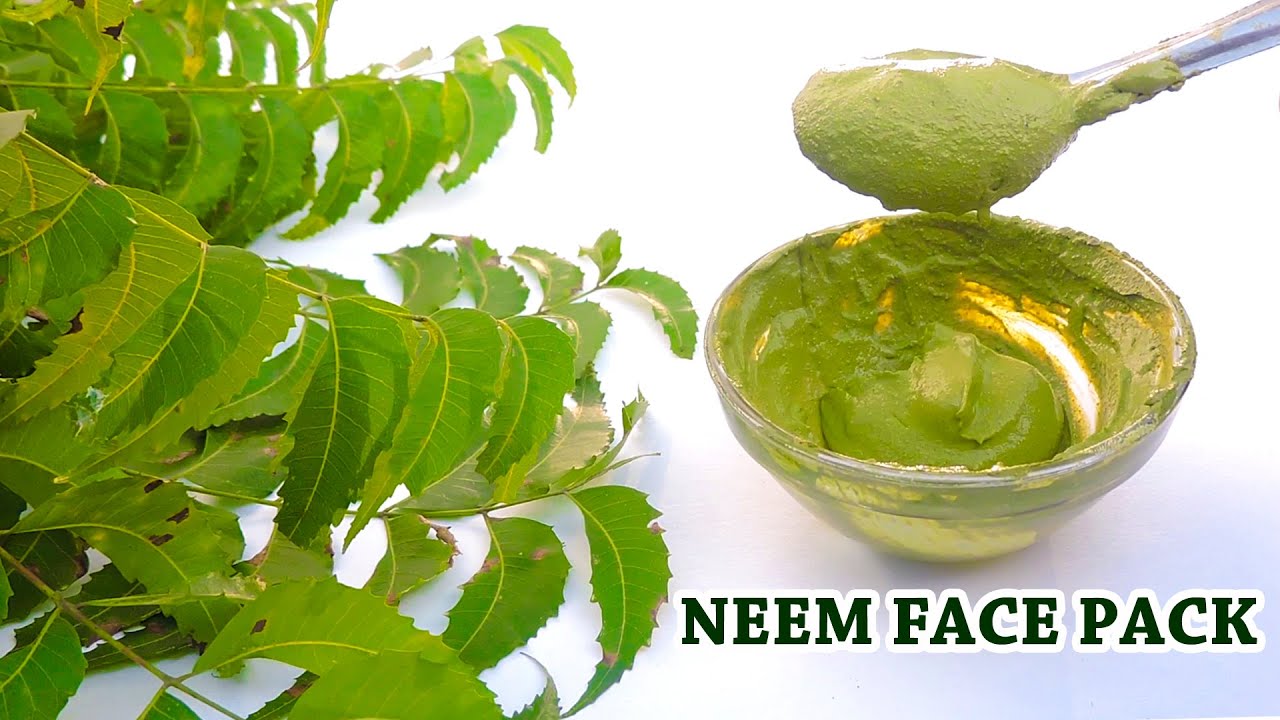Neem is often called the “village pharmacy” because of its versatility and numerous health and medicinal properties. Its leaves have been used for generations in Ayurvedic medicine to treat a wide variety of ailments. This article explores the many benefits of neem leaves, from their potential to improve general well-being.
A Powerful Source of Natural Healing
Neem leaves are rich in bioactive compounds such as nimbin, nimbidin, and azadirachtin that give them a medicinal quality. These chemicals are strongly antimicrobial, antifungal, and anti-inflammatory.
Benefits of Neem Leaves
Neem leaves are well-known for enhancing the immunity levels of human beings. With neem tea or the extract from neem leaves, people can be healthy with high resistance to any disease or infection.
Health of the Skin
Neem leaves have been used for centuries to treat various skin conditions. Their antimicrobial and anti-inflammatory properties help combat acne, eczema, and other skin irritations. Neem-based face masks and creams can help soothe the skin, reduce inflammation, and promote a clear complexion.
Oral Health
Neem leaves are a good oral hygiene agent. They help prevent plaque formation, gum disease, and bad breath. Healthy teeth and gums can be achieved by chewing neem twigs or using neem-based toothpaste.
Hair Health
Neem leaves can be used to improve hair health by preventing dandruff, reducing hair loss, and promoting hair growth. Neem leaf-based hair oil applied regularly will nourish the scalp and strengthen hair follicles.
Management of Diabetes
Neem leaves have been proven to help in controlling blood sugar levels. Neem leaf extract or tea may be consumed daily to prevent diabetes. Neem leaves are used to repel mosquitoes, which are the vectors of malaria. Neem-based mosquito repellents can be used to prevent this deadly disease.
Antioxidant Properties
The leaves contain antioxidants that will prevent the destruction of cells due to free radicals. Taking regular extracts from neem leaves can be able to lower oxidative stress and thus decelerate the aging process. The neem leaf has shown to possess the hepatoprotective characteristics, and it protects the liver against toxins and harmful pollutants in the body.
Anti-inflammatory Effects
The anti-inflammatory effects of neem leaves can reduce inflammatory effects on all parts of the body. Such conditions might include arthritis, asthma, and inflammatory bowel disease. Neem leaves can act as a calming, stress-free substance. With the frequent intake of neem tea, there is relief from anxiety, and one experiences relaxation.

How to Include Neem Leaves in Your Diet
There are various methods by which neem leaves can be added to the daily routine: Neem Tea: Steep a few handfuls of neem leaves in hot water for 10-15 minutes, then strain and drink. Neem Leaf Extract: Neem leaf extract can be found in many formats such as capsules, tablets, and liquid extracts; therefore, consult with your health care provider on an appropriate dosage. eem-Based Products: Apply Neem-based soaps, shampoos, toothpaste, and other similar personal care products. Neem Leaf Paste: Grind neem leaves into a fine paste and apply it to the skin or hair. Though neem leaves have so many health benefits, their use should be in moderation and with the advice of a healthcare professional before changing your diet or supplement program.
Read More :-
5 Effective Face Yoga Exercises: Say Goodbye to Morning Puffiness
Top Affordable Superfoods To Boost Fitness And Wellness
Warm Up Your Winter: Grab 60% Off Heaters Now
Top Affordable Superfoods To Boost Fitness And Wellness




















